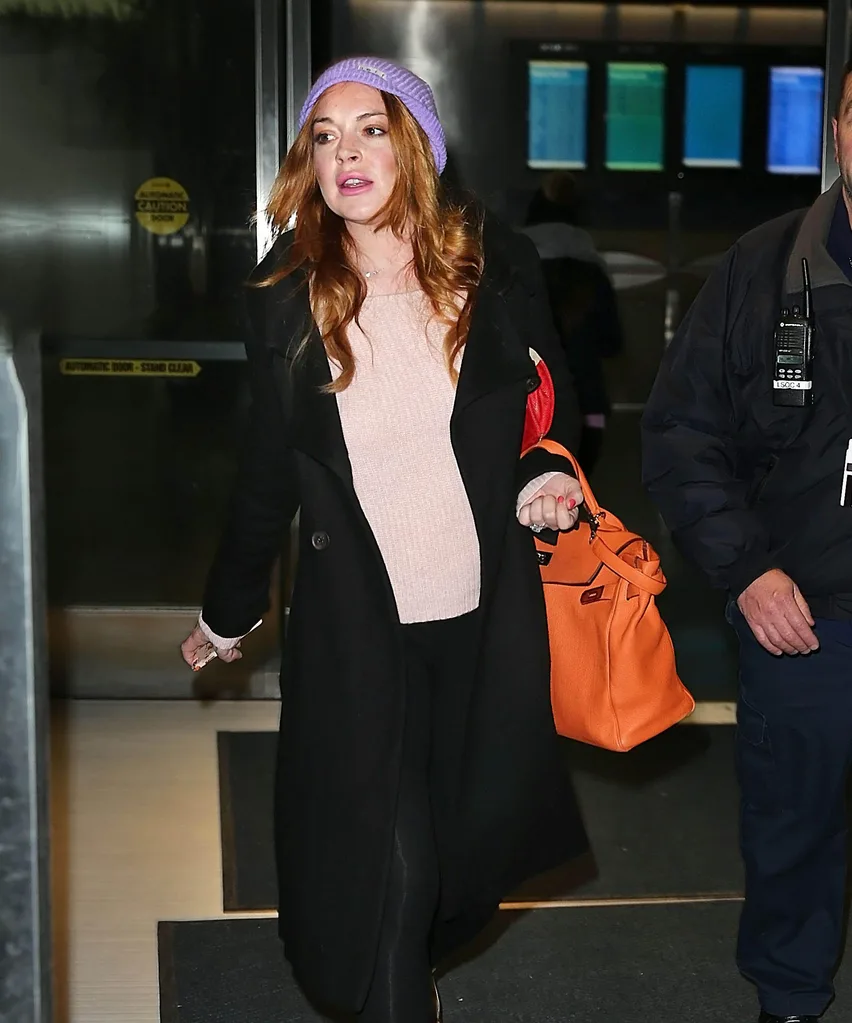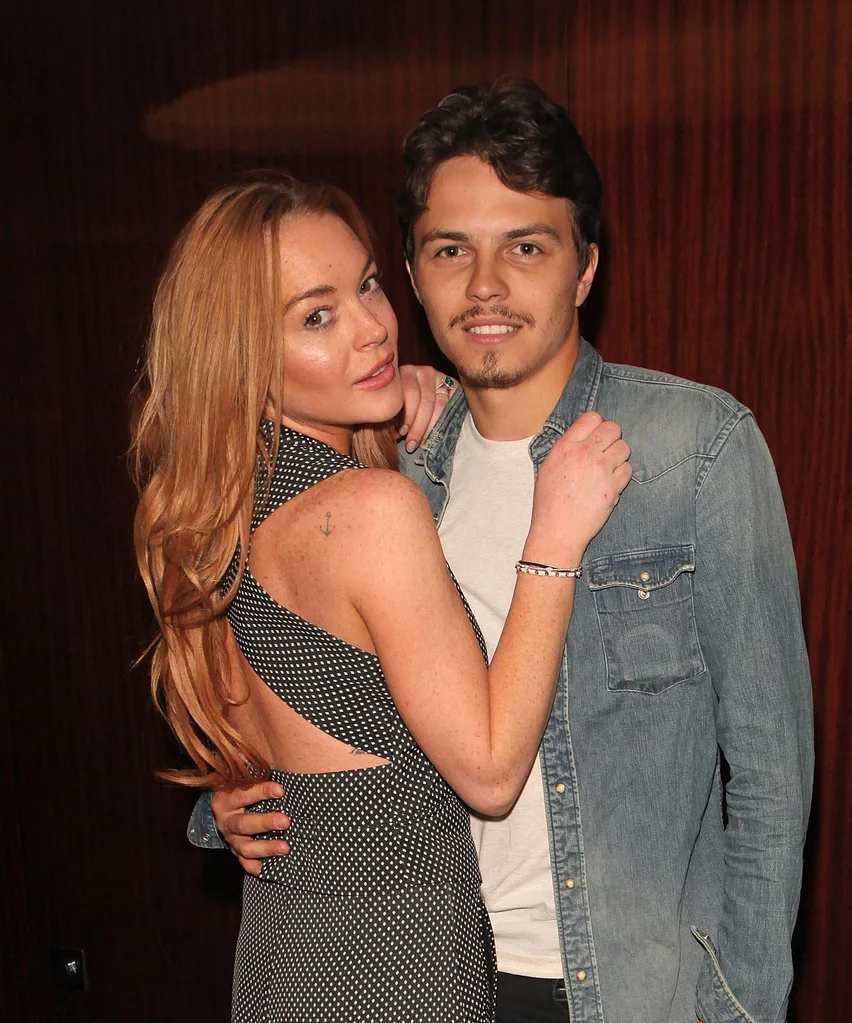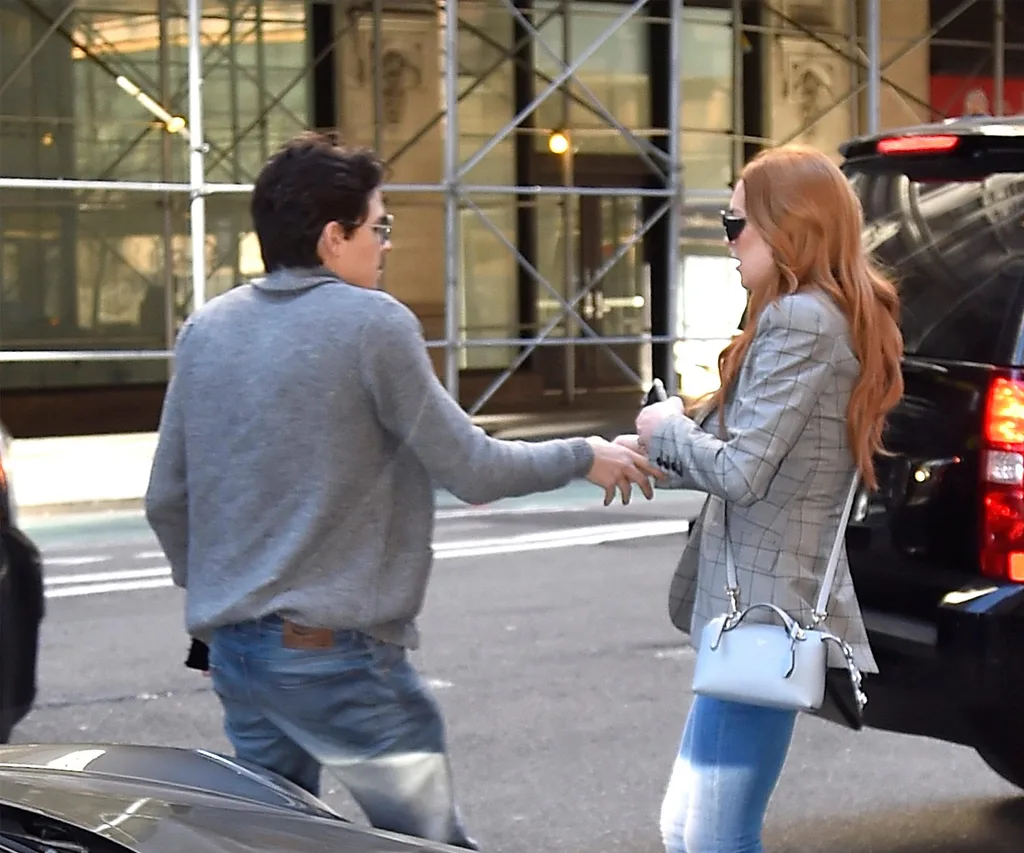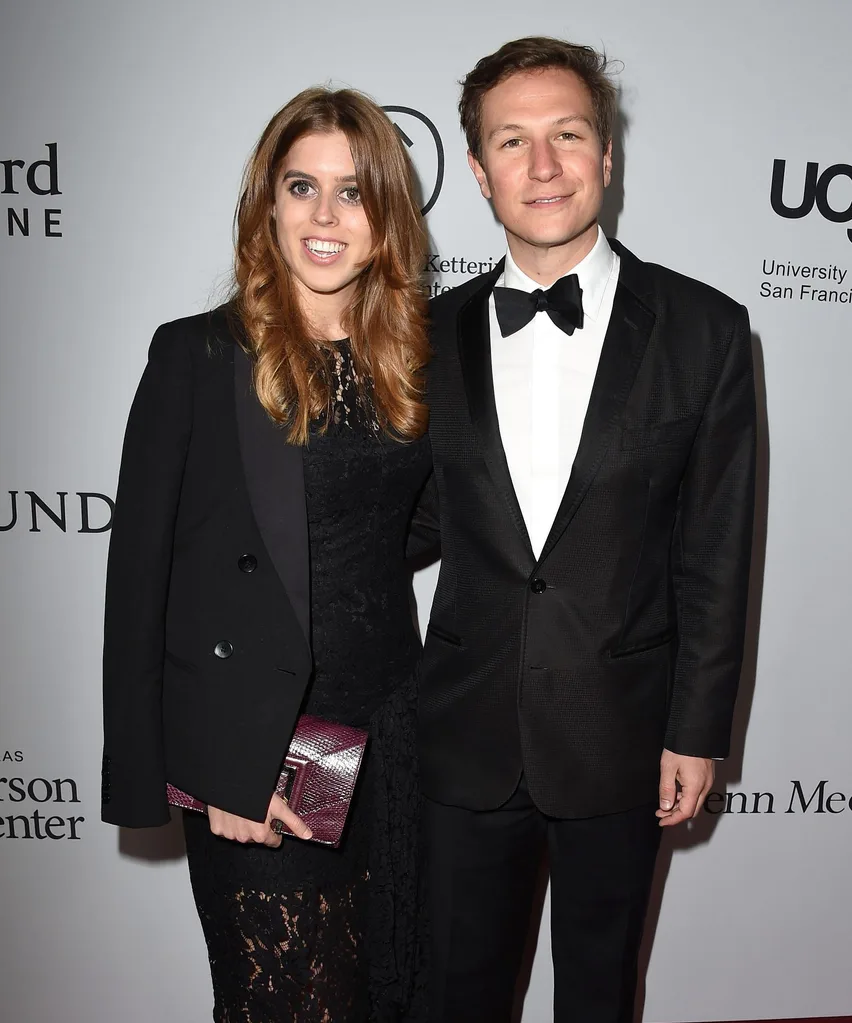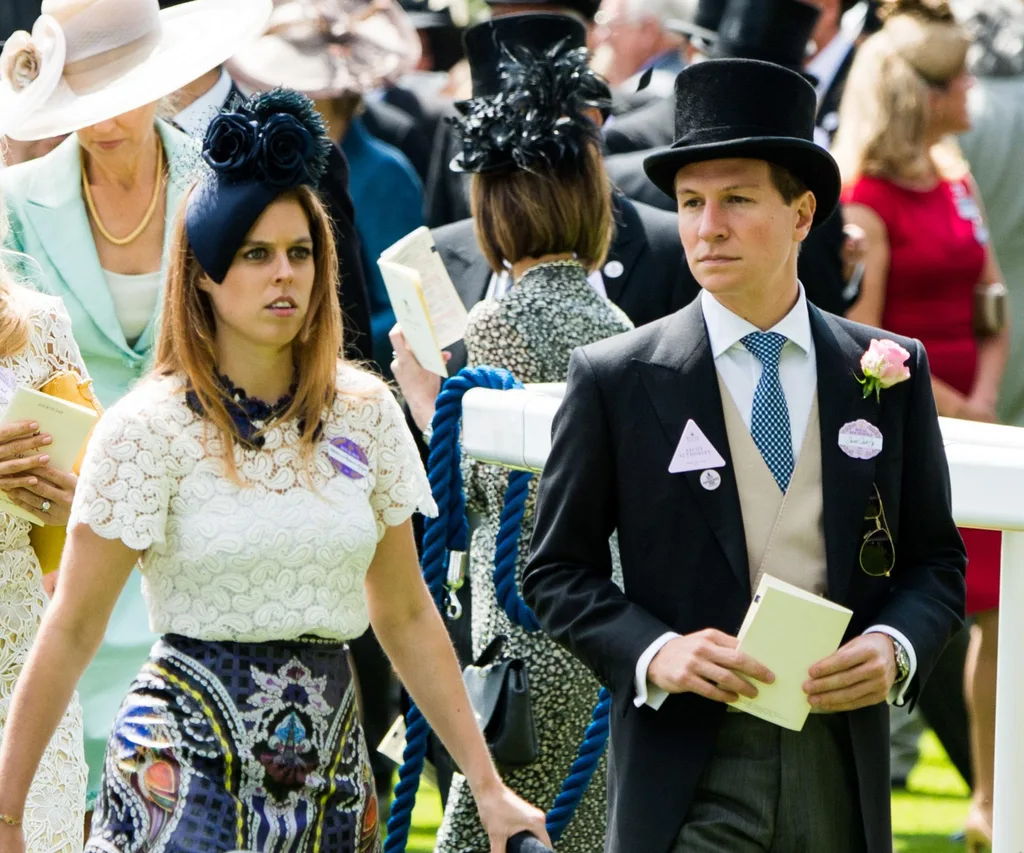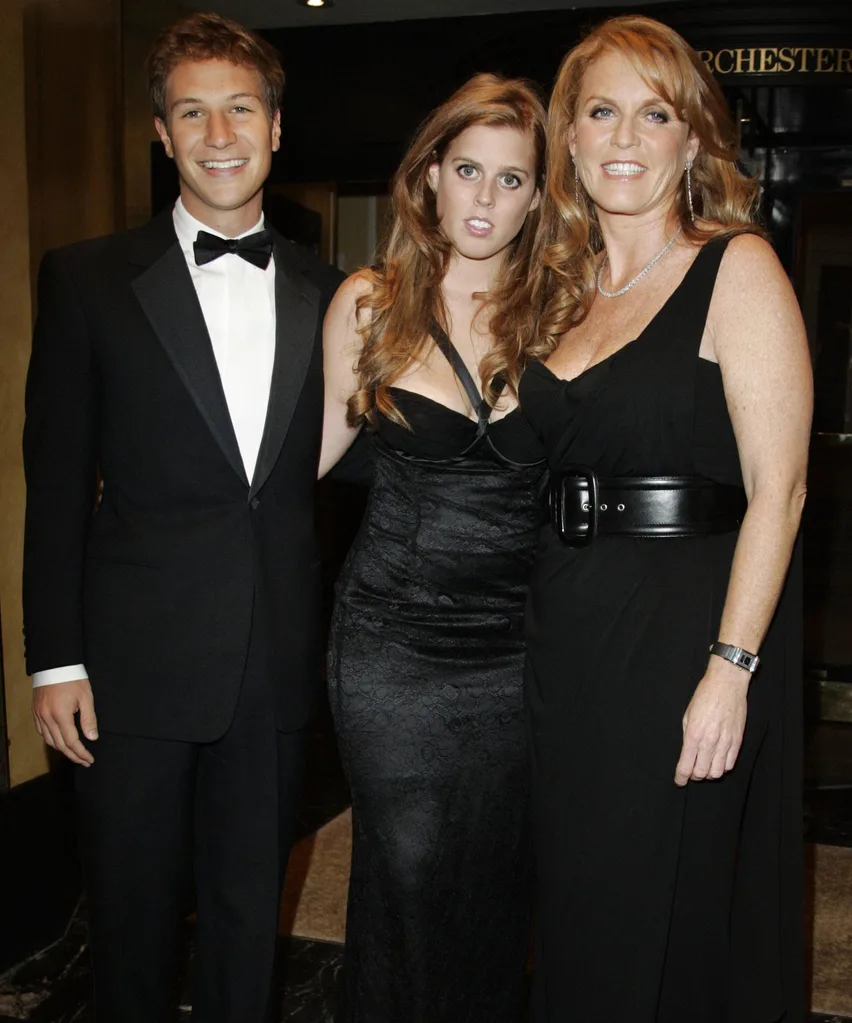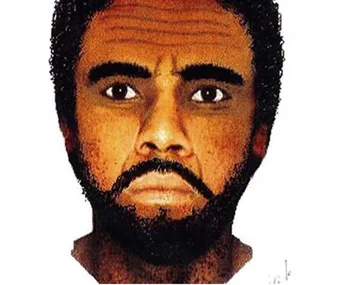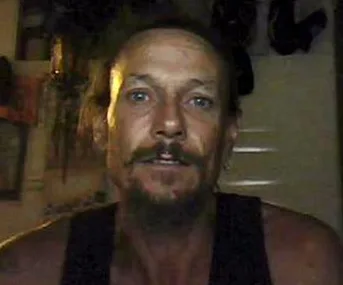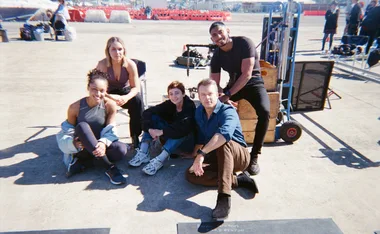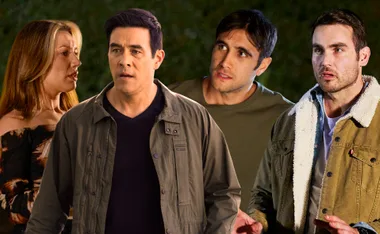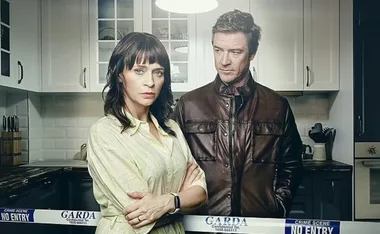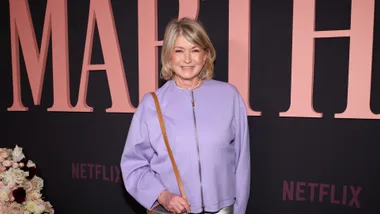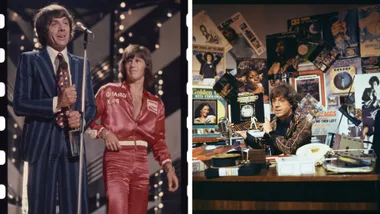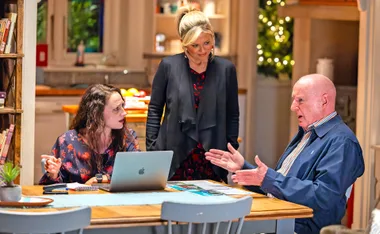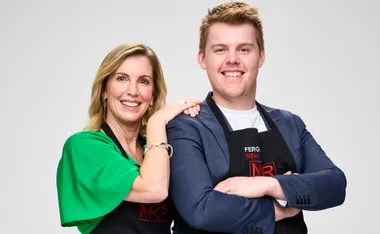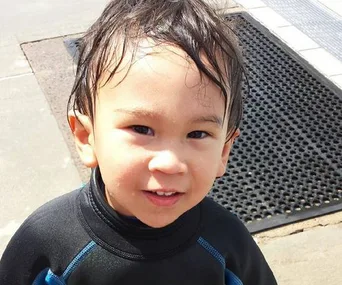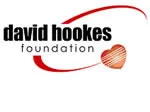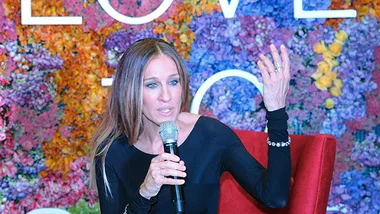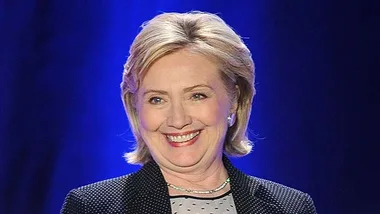I was thirteen, when doctors at the Royal Children’s Hospital discovered that I had some scarring to my kidney and an enlarged spleen. But although it meant that I could no longer play contact sport, nothing really changed.
I completed year 12, got a job, my license and celebrated my 18th and 21st birthdays. I was completely healthy.
Then my health started to deteriorate.
While I’d been able to eat lots of food and remain slim, I gradually gained a significant amount of weight, reaching 80kgs. I also developed more of a yellow tinge to my eyes.
Instead of going to the doctors (as my mum kept suggesting) I applied to do the Cohen’s diet, which is based on blood type.
When the results of my blood test came back though, they rejected me and told me to take my results to the doctors.
I turned to the Internet and googled my results, diagnosing myself with Wilsons Disease, which is a build up of copper in the body.
But in late 2006 I took myself to Geelong Hospital Emergency Department and broke down, telling them that I had Wilson’s disease.
Following a number of blood tests, I started diuretics for the fluid and lost almost 20kgs. It was then that doctors decided to refer me to the Austin Hospital to the transplant Clinic. And, just like that my transplant journey began.
Not only was I seriously ill, I was now acutely aware that I had a ticking bomb inside my body.
I had many symptoms of liver disease, and the obvious yellowing of my skin and eyes. I also endured diuretics with debilitating cramps, and took anti-itch drinks to stop the itching from the toxins inside my body.
I remember going to the doctor’s days before I got the call and the doctor telling me I needed to be the next transplant. I think as I presented so well I was kind of unaware of how sick I really was.
Life waiting for a kidney was much harder. I’d survived the liver transplant and was doing well and was healthy, but my kidney suddenly failed. It meant I had to do dialysis and I trained to do this at home so I could continue to work.
Unlike the five months I waited for my liver, I waited three years for a kidney transplant – they were the hardest 3 years of my life.
There was no escape. I needed to have dialysis at least three times a week. It was mentally the toughest thing I’ve ever had to do.
For me, the ultimate definition of success and my long-term dream was to become a mum. I remember asking the doctors when I was first diagnosed if I’d be able to have children and they said yes.
I had an uncomplicated pregnancy with Marlee and carried her until 35.6 weeks. Even though I could have had her naturally, I didn’t want to risk my health, so instead I had an elective C-section.
I didn’t go into motherhood blindsided. I know that people die waiting for a transplant and I know that people die after a transplant. It’s not a sure thing, but hopefully I live a long and healthy life and, regardless, my daughter will be surrounded by love.
In the future, I know there will be times when I have to put myself first and I might need a hospital stay, but we have a great support network to help us out should that happen.
When she is old enough, I will discuss my transplants openly with my daughter; it’s not something I will hide. I want her to know that she’s a little miracle.
Being a recipient of an organ transplant is beyond mind blowing on so many levels, particularly as someone’s life had to end for me to live and while their family grieves, ours celebrate.
I see donors and their families as the heroes behind all great transplant stories. As a recipient it’s an honour that should not be underestimated because it’s given me a chance at life and opportunities.
If I could say anything to the donor’s family, I would say thank you for my life and thank you for the opportunity to live.
I would say sorry for your loss, but through your loved one I’ve lived and I’ve done all I ‘ve ever wanted with my chance to live. Then, I would introduce them to my daughter.
Because of my experience, all my family and my friends will go on to be organ donors. Naturally, so will I.
This DonateLife Week (31 July – 7 August) Australians will be urged to join the Australian Organ Donor Register online to help end the wait for those in need of a life-saving transplant. For more information about DonateLife Week visit donatelife.gov.au.
You may also like: Blogger breaks down: “trolls you won”
Newsletter conversion description. Get the latest in your inbox.
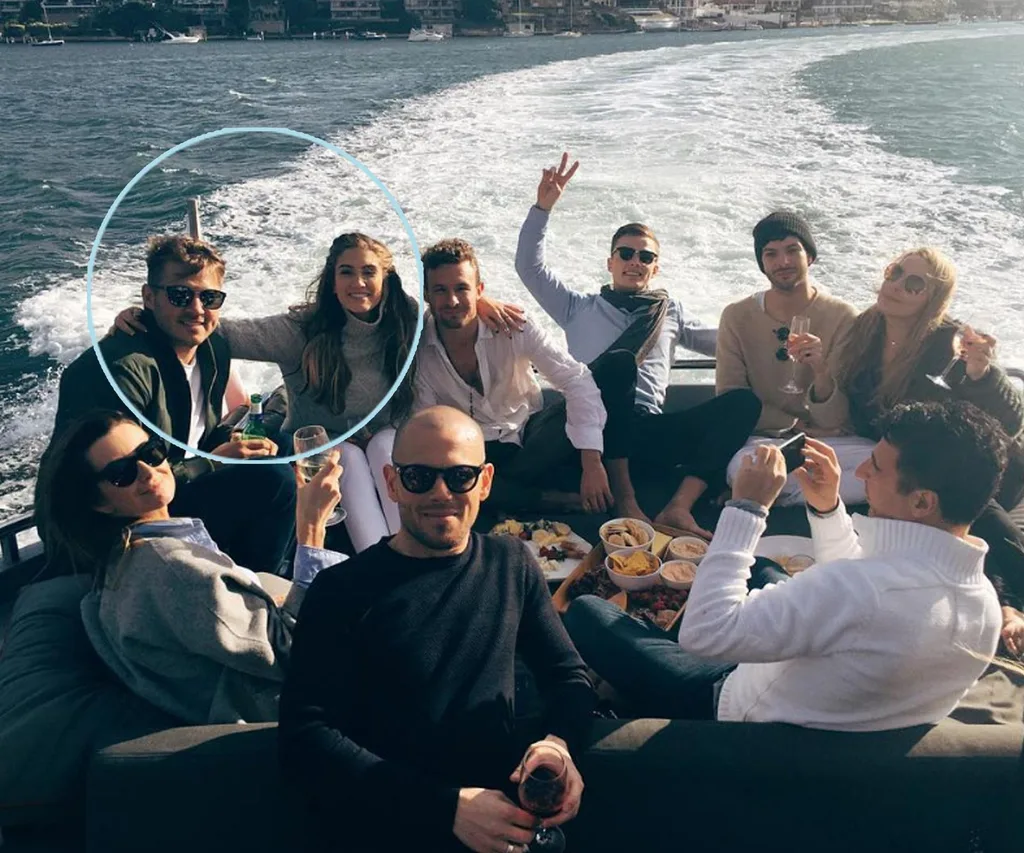
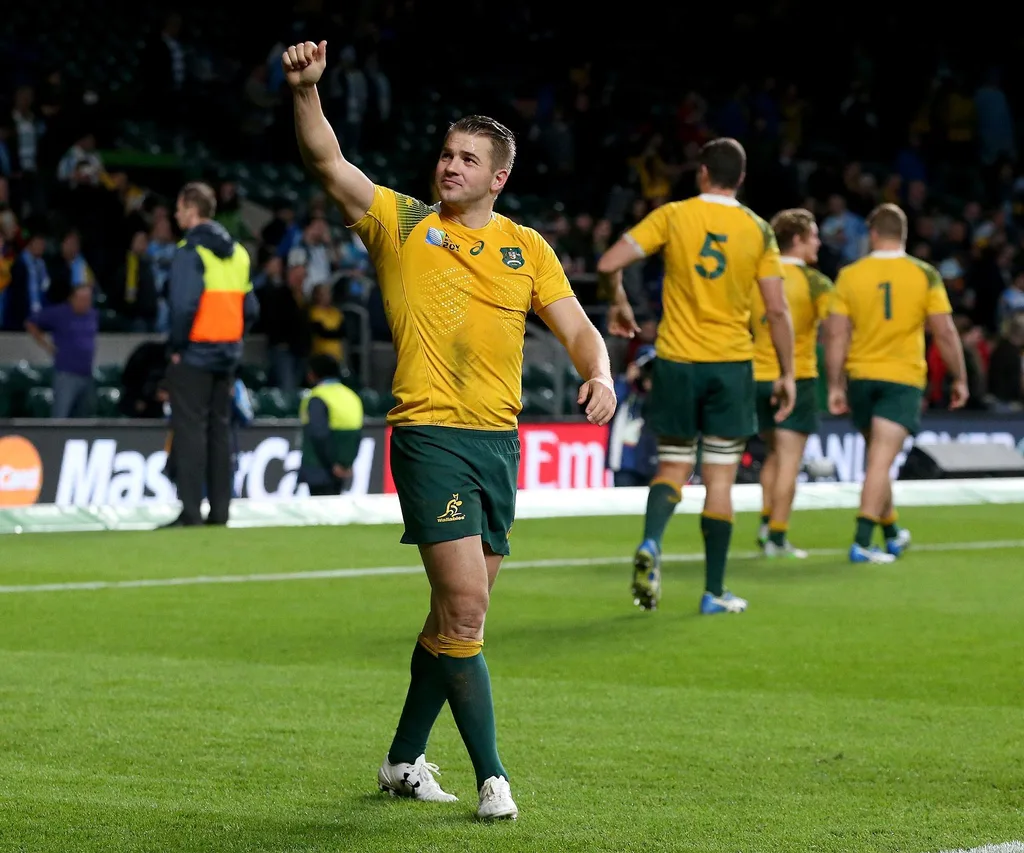
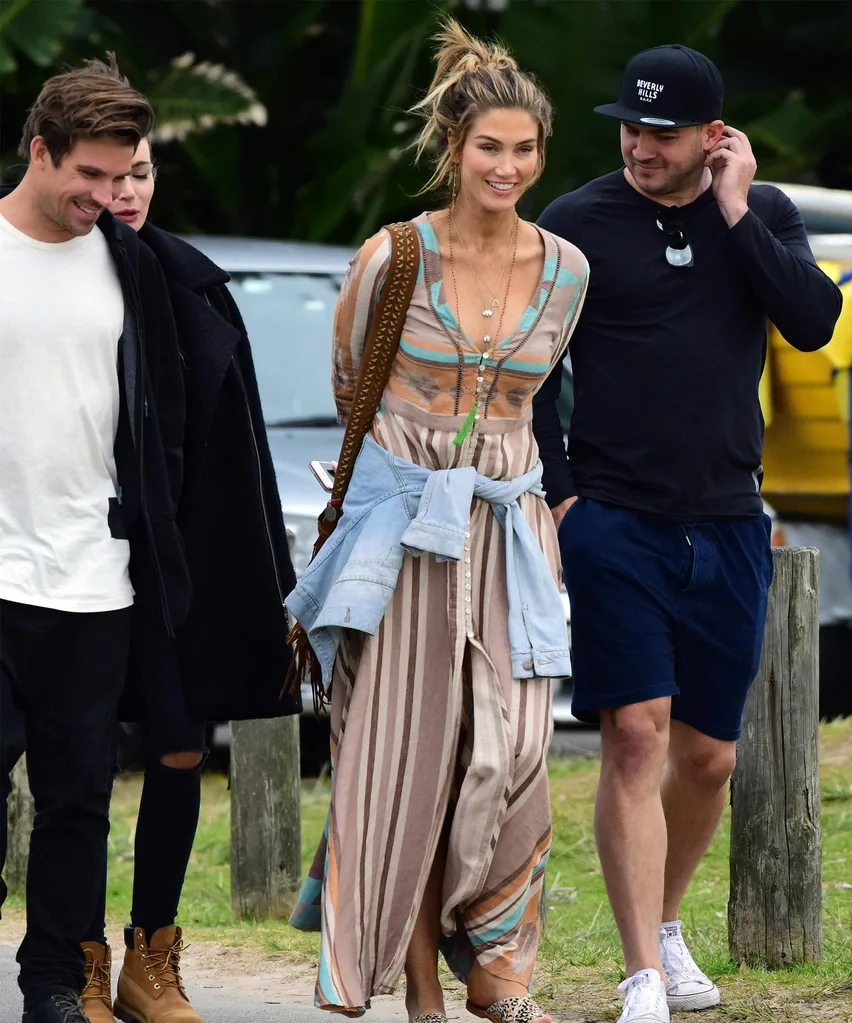
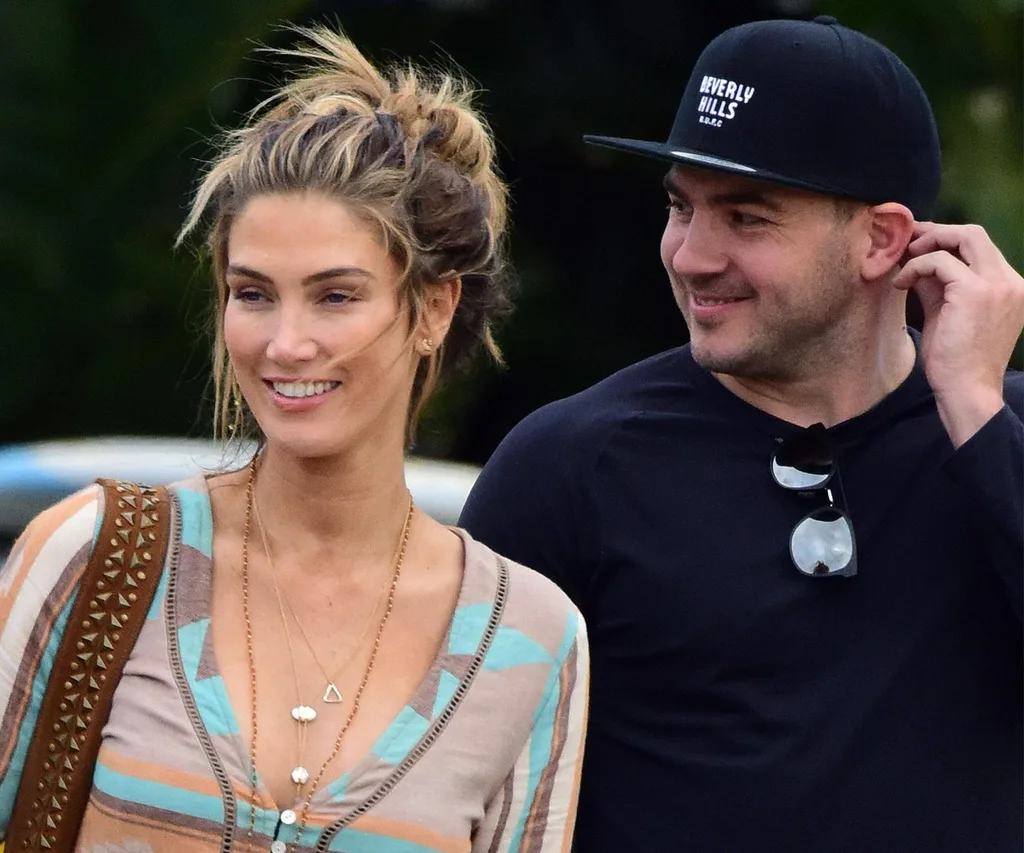
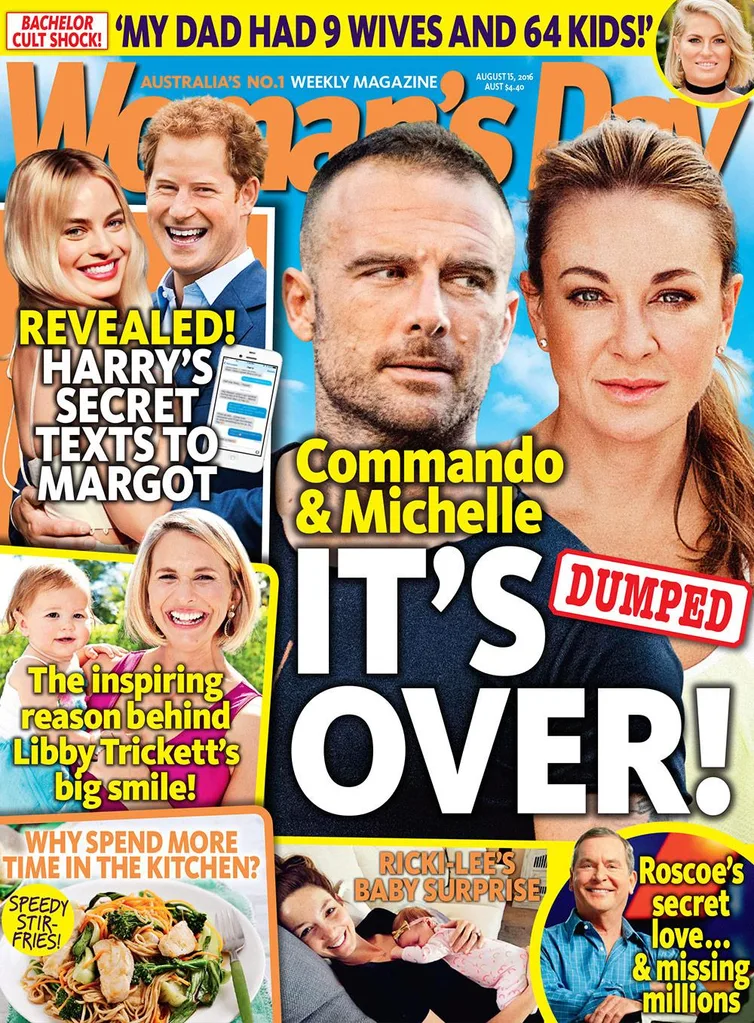



.png?resize=380%2C285)
.jpg?resize=380%2C285)
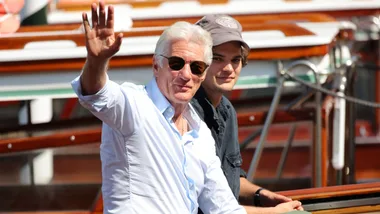
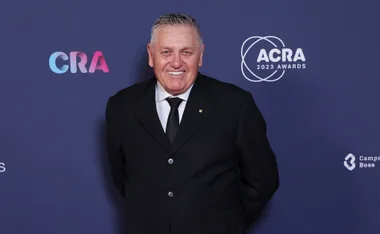


.png?resize=380%2C285)
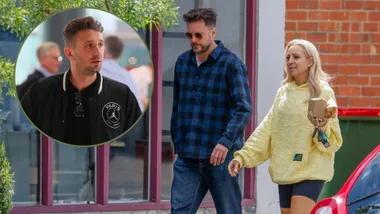









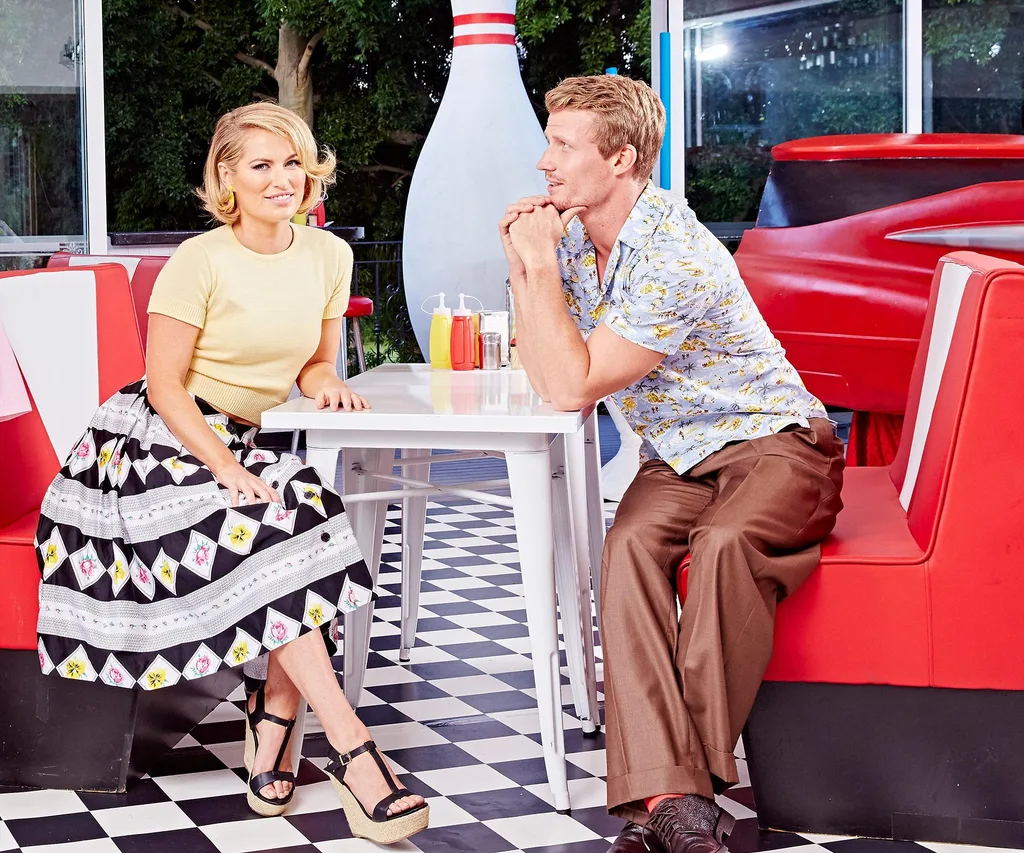
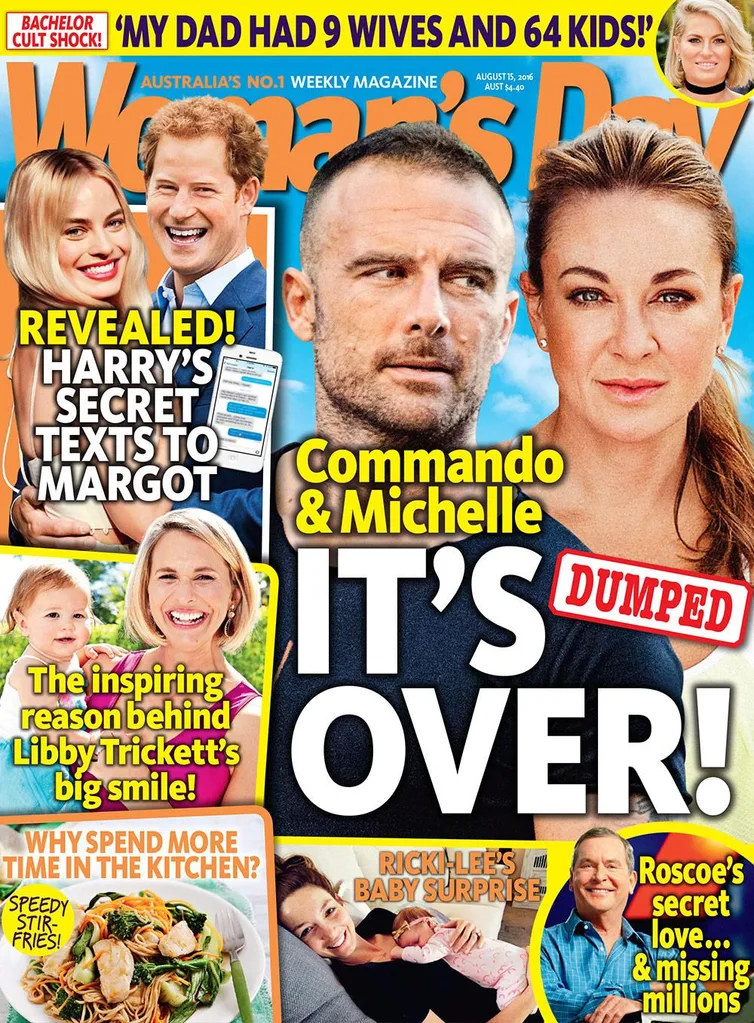

.jpg?resize=380%2C285)

